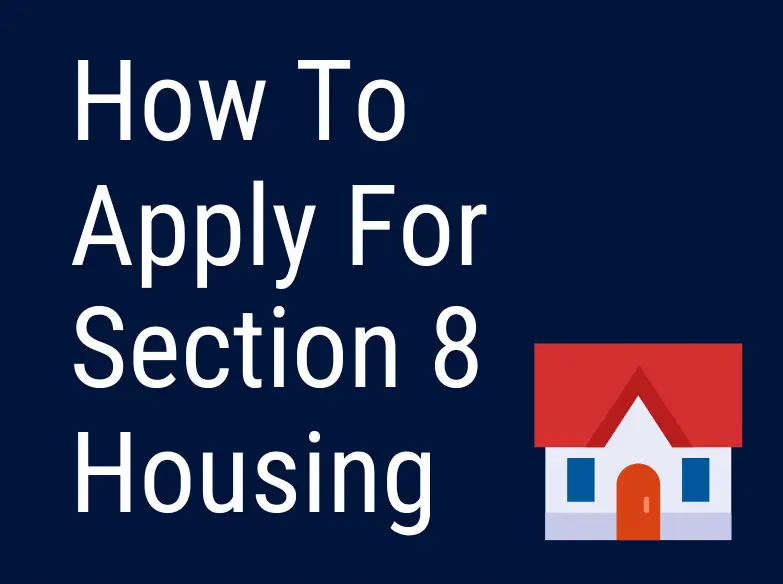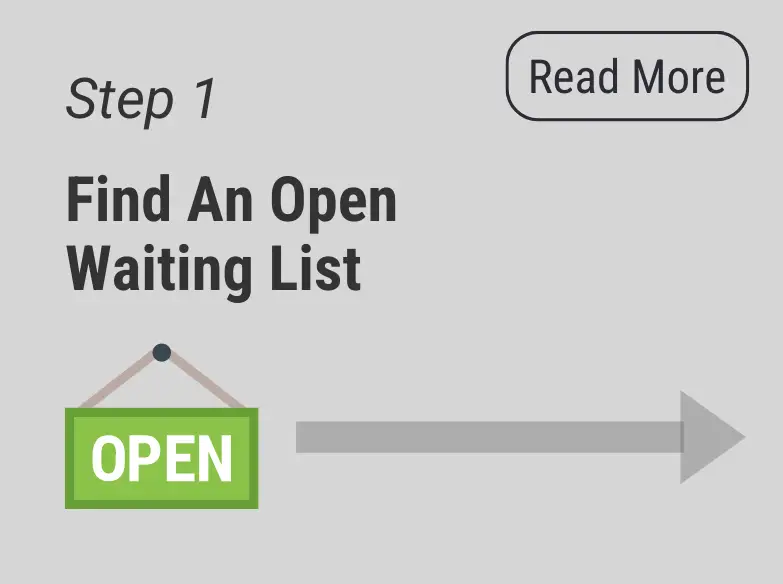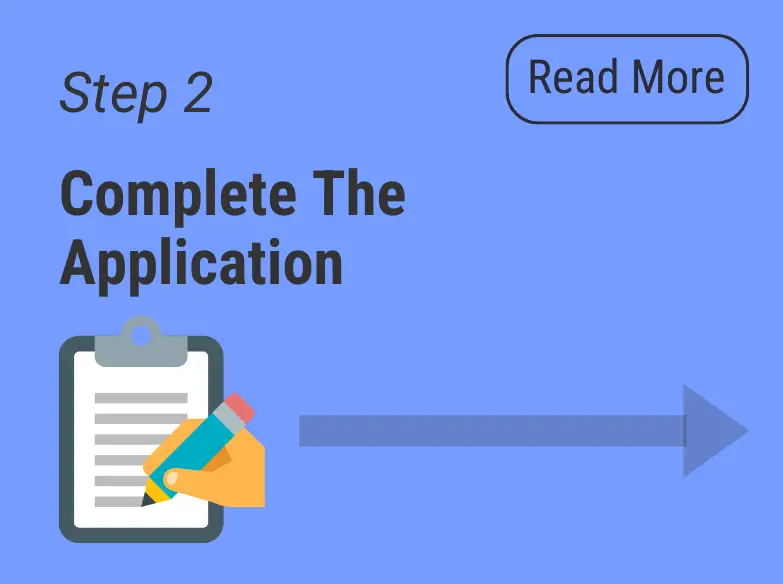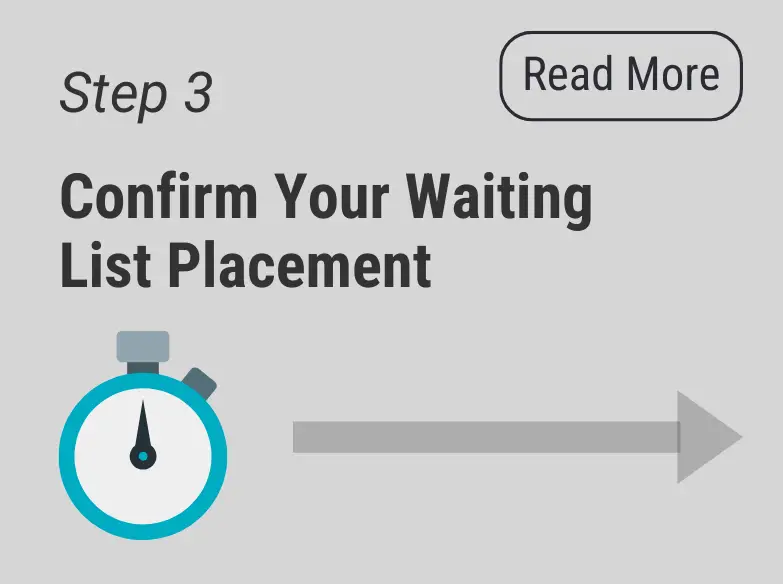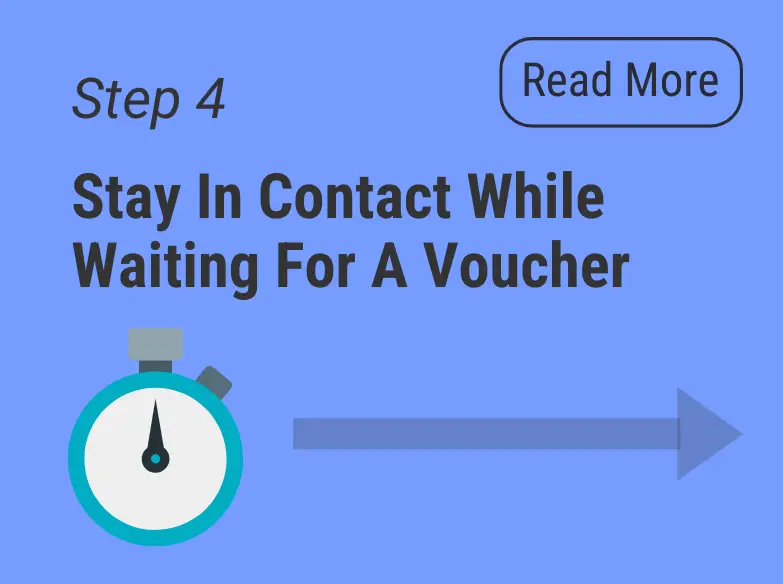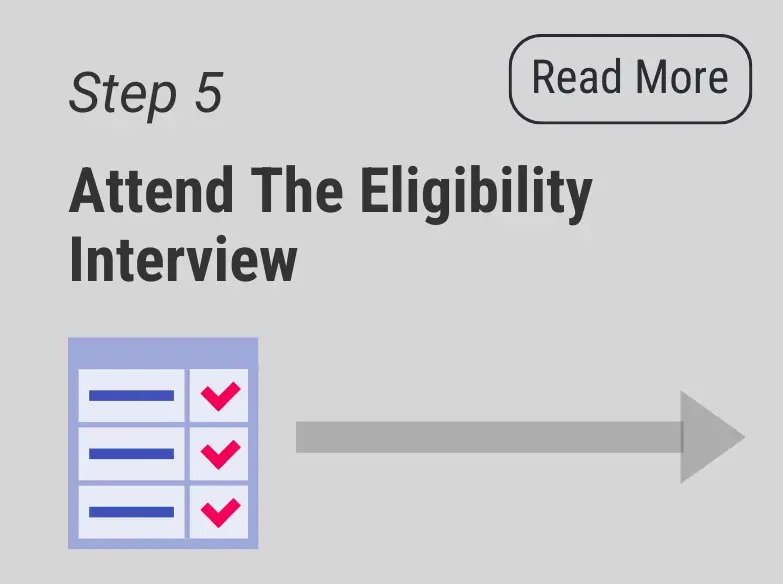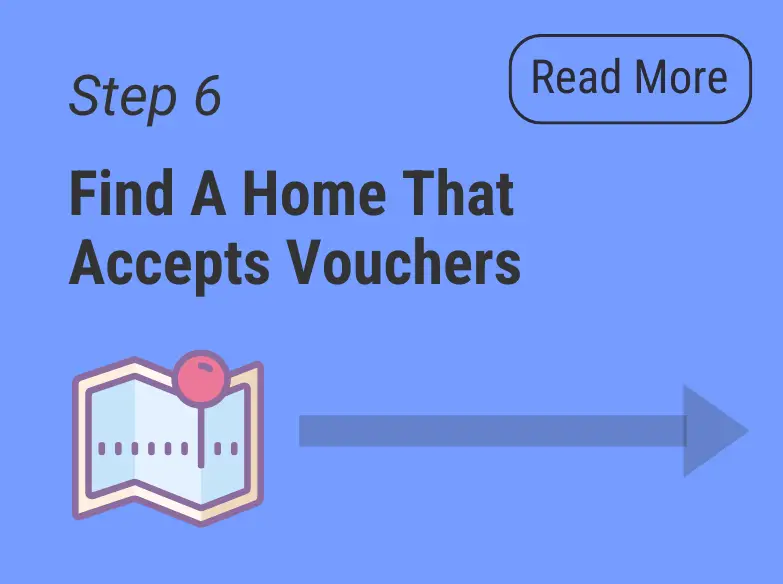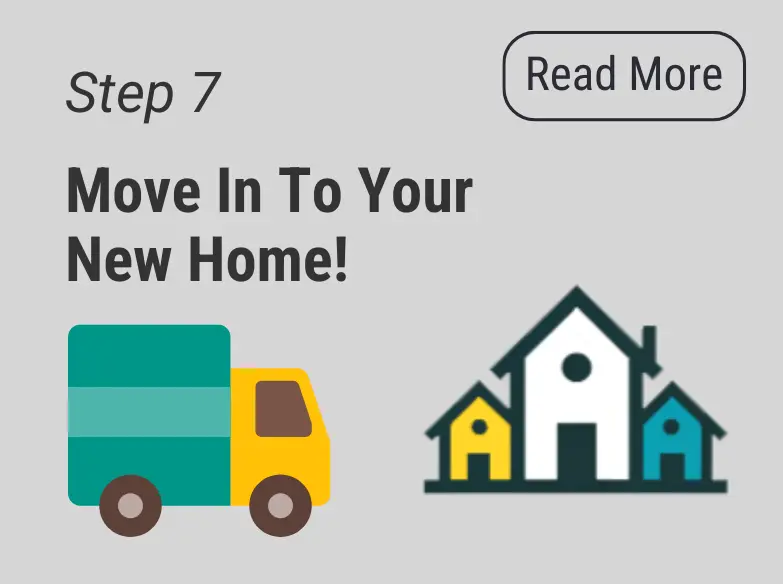Open Section 8 Waiting Lists
Find applications for 323 Section 8 Housing Choice Voucher waiting lists that are open now and opening soon nationwide. Get the information needed to apply for HUD rental assistance that can’t be found anywhere else.
swipeSwipe or Drag to view housing waiting list updates
Section 8 Waiting List Openings By State
In addition to scheduled openings, there are many waiting lists nationwide that stay open until further notice. Find every waiting list opening in each state below.
-
Alabama
-
Alaska
-
American Samoa
-
Arizona
-
Arkansas
-
California
-
Colorado
-
Connecticut
-
Delaware
-
District Of Columbia
-
Florida
-
Georgia
-
Guam
-
Hawaii
-
Idaho
-
Illinois
-
Indiana
-
Iowa
-
Kansas
-
Kentucky
-
Louisiana
-
Maine
-
Maryland
-
Massachusetts
-
Michigan
-
Minnesota
-
Mississippi
-
Missouri
-
Montana
-
Nebraska
-
Nevada
-
New Hampshire
-
New Jersey
-
New Mexico
-
New York
-
North Carolina
-
North Dakota
-
Northern Mariana Islands
-
Ohio
-
Oklahoma
-
Oregon
-
Pennsylvania
-
Puerto Rico
-
Rhode Island
-
South Carolina
-
South Dakota
-
Tennessee
-
Texas
-
Utah
-
Vermont
-
Virgin Islands
-
Virginia
-
Washington
-
West Virginia
-
Wisconsin
-
Wyoming
What is the Section 8 Housing Choice Voucher Program?

There is no low-income housing program in the nation with a higher demand than Section 8 Housing Choice Voucher (HCV) rental assistance. But a lack of widespread information about how to apply makes it difficult for renters to get the help they need.
That's why millions of renters nationwide use Affordable Housing Online to find Section 8 applications. No other website tracks the most current Section 8 HCV opportunities in the country, and gets the information that renters need to apply.
Start your path to rent relief by finding which areas are open for Section 8 waiting list applications right now, which areas are opening soon, and which areas have stopped accepting waiting list applications recently.
Are Section 8 Waiting Lists Open in the United States?
As of January 8, 2026, AHO is tracking 0 waiting lists open right now that are scheduled to close in the near future. Additionally, AHO is monitoring 214 waiting lists that are open until further notice.
AHO encourages you to first apply to the waiting lists that are scheduled to close, as most housing choice voucher programs do not have a set schedule for when they will reopen their waiting lists.
AHO still encourages you to apply to continuously open waiting lists as soon as possible. These waiting lists may close without sufficient notice.
In total, there are 214 waiting lists you can apply to right now and 109 waiting lists you can apply to soon.
How many HCV waiting lists were open in the United States in the last few years?
During the last three years, there were 897 HCV waiting lists open for at least a day in the United States.
How long were HCV waiting lists kept open in the United States in the last few years?
Section 8 HCV waiting lists in the United States were kept open an average of 814 days over the last three years.
Many waiting lists were kept open only a short time. In the last three years, 5.7% were open seven days or less and 1.7% were open for only one day (or a few hours) . This means that it is important for low-income renters to apply right away when they find an open waiting list.
How hard is it to get a voucher if I don't currently live in the area the housing authority serves?
Renters can apply to any open HCV waiting list in the country. The program is supposed to promote mobility so that renters can move to places with more opportunity.
Some housing authorities have a preference for local residents in their waiting list placement. If you live outside the area you can get on the waiting list, but you will likely wait a long time before a voucher is offered, if at all.
Over the last three years, 15.2% of waiting lists in the United States that opened had a preference for local residents.
To what extent do housing authorities in the United States increase access with online applications?
Online applications make it easier for low-income renters to apply for open waiting lists, especially when applying to different communities or when waiting lists are only kept open a short time.
Online applications were used for 38.9% of waiting list applications in in the United States over the last three years.
How fair is waiting list placement in the United States?
Random lotteries were used by 3.1% of housing authorities in the United States to place applicants on their waiting lists over the last three years.
Applicants placed at the bottom of a waiting list may wait up to two or three years before being offered a voucher. Placing applicants on a waiting list using a random lottery gives everyone a fair chance to be near the top of the list.
Many housing authorities place applicants according to the date and time of their submission. Applicants who apply later will have a long wait for assistance, which is especially unfair in cases where waiting lists are kept open just few days or less.
How long do households spend on an HCV waiting list in the United States before receiving a voucher?
Households spend an average of 26 months on a waiting list before receiving a voucher in the United States.
Who is served by HCV programs offered through housing authorities in the United States?
HCV households served by housing authorities in the United States include:
- 33% headed by seniors
- 26% with a person with a disability
- 38% with children
- 28% where the majority of household income comes from wages earned
What is the income level of households served by HCV programs offered through housing authorities in the United States?
According to HUD, in general, in order to receive a voucher, a household's income may not exceed 50% of the median income (50% AMI) for the county or metropolitan area in which the family chooses to live. By law, a housing authority must provide 75% of its voucher to applicants whose incomes do not exceed 30% of the area median income (30% AMI).
A 50% AMI household is considered very low-income (VLI) and a 30% AMI household is considered extremely low-income (ELI). ELI households are a subset of the VLI households served by a housing authority.
In the voucher programs of housing authorities in the United States, VLI households make up 95% of voucher-holding households.
ELI households make up 77% of voucher-holding households.
Is there an application fee for Section 8 waiting lists?
It is against HUD policy for an agency to charge for a Section 8 Housing Choice Voucher application. If anyone is charging a fee for an application, they are either violating federal law, or a scammer with an empty promise. Do not pay for an application.
Why are there Section 8 waiting lists?
Like most low income housing programs, renters are placed on a waiting list to get a Section 8 Housing Choice Voucher because there is a very high demand for vouchers, and a limited supply.
Waiting lists for a Section 8 voucher also tend to be longer than those for other housing programs because renters can live in an apartment or house of their choice. Most of the other rental housing programs require the household to live in a pre-determined apartment.
How does a Section 8 waiting list work?
Renters must first submit an application to a housing authority with an open Section 8 Housing Choice Voucher (HCV) waiting list. If a waiting list is not currently open, applications cannot be submitted.
After applying, the housing authority will create a list of qualified applicants that is sorted by random lottery, or the date and time applications were received. Many of these waiting lists have limited spots, so some applicants may not be selected for the waiting list, even if they are qualified.
If the household is selected for the waiting list, the housing authority will send confirmation. Be aware that some waiting lists have preferences (such as elderly or local applicants), and qualified households are given priority placement over others.
After getting placed on a waiting list, prepare to wait for some time. Because of the high demand of the HCV program, waiting lists may be many months or years long.
Once the household reaches the top of the waiting list, an eligibility interview will be held to make sure that everyone is qualified. If the household does not meet the qualifications, they can continue applying to other open waiting lists for a chance to get a voucher.
Who can apply for a Section 8 waiting list?
To apply for a Section 8 Housing Choice Voucher waiting list, the head of the household must be at least 18 years old and a U.S. citizen or an eligible immigrant. If the head of household cannot submit an application, another person can submit one on their behalf.
There are many qualifications to get a Section 8 voucher, including income, housing, and criminal history. But those requirements do not prevent a person from applying for an open waiting list.
What is needed to apply for a Section 8 waiting list?
To apply for a Section 8 Housing Choice Voucher waiting list, renters must usually provide their first and last name, date of birth, Social Security Number or Alien ID, and the total gross income of all household members (with exceptions).
Applications may ask for additional information, including housing history, criminal history, proof of income, and preference verification. Applicants may also be asked for demographic information, like gender, disability status, or race and ethnicity.
When can I apply for a Section 8 waiting list?
Applications for a Section 8 Housing Choice Voucher can only be submitted when the housing authority opens the program's waiting list.
For many areas, waiting lists are only open for a brief period. And depending on the area, when a waiting list closes, it may not reopen for many months or years. But there are also many housing authorities that keep their waiting lists open indefinitely, which means that there is no scheduled close date. These waiting lists can close at any time, but they sometimes stay open for months or years.
Can I apply for multiple Section 8 waiting lists?
Yes, renters can apply for multiple Section 8 Housing Choice Voucher waiting lists. There is no limit to how many waiting lists a household may be on.
But, it's usually not allowed to submit multiple applications for the same waiting list. If more than one application is submitted for the same waiting list, the household risks getting disqualified.
What is a Section 8 waiting list lottery?
In many areas, the demand for Section 8 Housing Choice Vouchers is so great that the managing housing authority cannot add all applicants to its waiting list. To give all applicants an equal chance of being placed on the waiting list, many agencies draw names by random lottery from the entire pool of applicants.
Housing authorities will usually state if they are doing a lottery drawing on the public notice for the waiting list. If there is not a lottery, applicants will be placed on the waiting list by the date and time the application is received.
How long is a waiting list for Section 8 housing?
Once a household is placed on a Section 8 Housing Choice Voucher waiting list, they may wait anywhere between many months or years before being offered a rental assistance voucher.
There is no typical wait time for a voucher. The amount of time spent on a waiting list depends on various factors, including how many preferences are met, and the location of rental assistance. An applicant in one area of the country may wait less than a year, while someone in another area is on a waiting list for five years or more.
How can I get more information about a Section 8 waiting list?
The easiest way to get more information about many Section 8 Housing Choice Voucher (HCV) waiting lists is to visit the housing authority's website. Most housing authorities with a website will have a dedicated Section 8 HCV page with details about the program.
However, not all housing authorities have a website. And some that do may provide a limited amount of information. If this is the case, contact the housing authority for help. The agency can tell you if a waiting list is open, how to apply, and other important application requirements.
Is there any way to get priority placement on a Section 8 waiting list?
Yes, many housing authorities use preferences to give a priority to applicants who are part of groups in the area that are in great need of assistance.
Common preference categories for Section 8 Housing Choice Voucher waiting lists include seniors, persons with disabilities, veterans, homeless persons, and those who live and work locally. Applicants who qualify for preferences will have a shorter wait time than those who don't.
What is Section 8?
The Section 8 Housing Choice Voucher (HCV) program gives low income rental assistance to individuals and families who need help affording monthly rent. Households with a Section 8 voucher may choose to live in any home that meets the program requirements, including apartments and single-family homes. It is a federal housing program that is run by the U.S. Department of Housing and Urban Development (HUD).
Renters with a Section 8 voucher usually pay 30% of their income for rent. The rest is paid to the landlord by the managing housing authority.
When looking for housing options, be aware that there are other housing programs that use the name "Section 8," including the Project-Based Voucher (PBV) and Project-Based Rental Assistance (PBRA) programs. However, the name "Section 8" on its own usually refers to the HCV program.
How do I apply for a Section 8 waiting list?
When a Section 8 Housing Choice Voucher waiting list is open, there can be a number of different ways to submit an application. In most cases, Section 8 applications are available online, in person, by mail, or a variety of these options.
Online applications are often submitted through a form on a website. Printable applications may be available on the internet, as well. If an application can be sent by mail, a request for one is usually done by phone, mail or email.
In rare situations, applications may also be submitted by fax, or directly by phone. These outdated methods have been phased out by many housing authorities, but there are still some applications that operate this way.
Where can I apply for a Section 8 waiting list?
Renters can apply to most open Section 8 Housing Choice Voucher waiting lists in the country. You do not have to live in the area to apply to most waiting lists, but there are some with restrictions. If the waiting list is restricted, it means that the housing authority is targeting a specific demographic (such as homeless applicants), and documentation or a reference may be required to apply.
However, even if a waiting list is available to the general public, applicants who do not live in the area should check if there are preferences. Preferences give qualified applicants priority placement on the waiting list. And one of the most common preferences is for local residents. This means that non-local applicants may have a very long wait for a voucher, or may not get a voucher at all because of the local demand.


